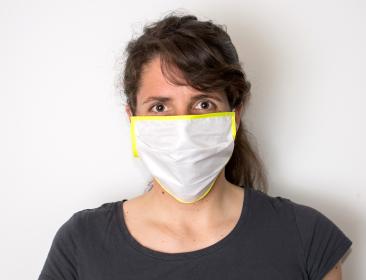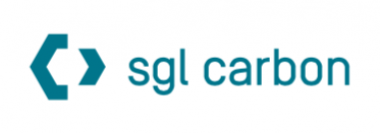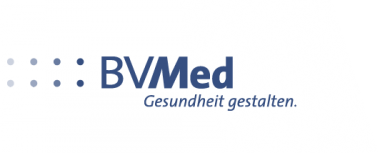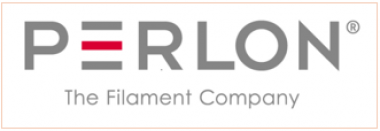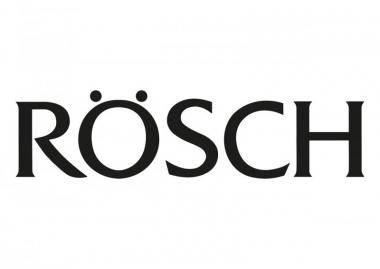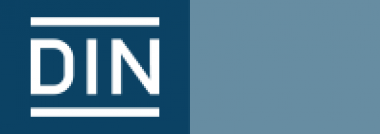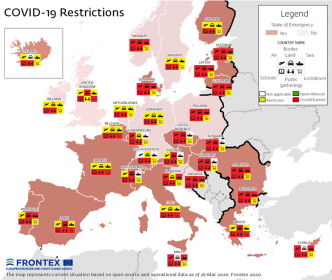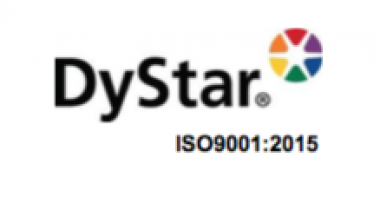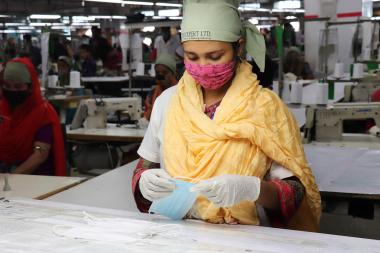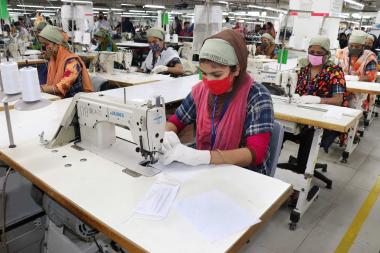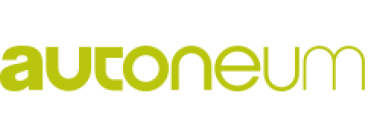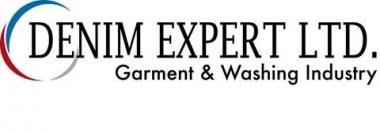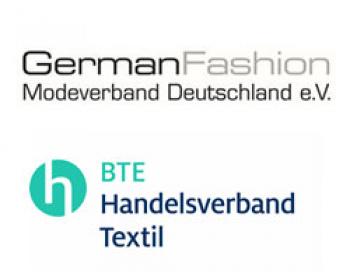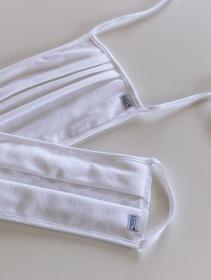Nova: Schutzausrüstung statt Gleitschirme
Tiroler Gleitschirmhersteller NOVA produziert Schutzausrüstung (Masken und Mäntel)
Ab kommender Woche ist in Österreich beim Einkaufen sowie in öffentlichen Verkehrsmitteln das Tragen einer Gesichtsmaske vorgeschrieben, um die Geschwindigkeit der Ausbreitung des Covid 19-Virus zu verringern. Die Firma NOVA aus Tirol stellt in ihrer Näherei in Ungarn sonst Gleitschirme her. Jetzt hat das Unternehmen kurzfristig umgerüstet und produziert stattdessen Gesichtsmasken sowie Schutzmäntel ohne medizinische Zertifizierung. Bei den Masken handelt es sich nicht um FFP-Masken, sie sind ebenso wie die Mäntel keine zertifizierten medizinischen Artikel. Die ersten Auslieferungen erfolgen bereits ab dem 6. April 2020.
Seit mehr als 30 Jahren entwickelt, fertigt und vertreibt NOVA Gleitschirme. Die Corona-Krise hat die in Terfens im Inntal ansässige Firma – wie die gesamte Flugsportbranche – tief getroffen. „Die Nachfrage nach Gleitschirmen ist binnen zwei Wochen völlig eingebrochen. In vielen Ländern gilt ein Flugverbot, um auszuschießen, dass ein verunglückter Pilot die möglicherweise knappen medizinischen Ressourcen beansprucht.“, erklärt Geschäftsführerin Elisabeth Eisl.
Bereits seit 1990 verfügt NOVA mit einem ungarischen Partner als Joint Venture über eine eigene Fertigung. Dank der hohen Flexibilität näht das Unternehmen seit vergangener Woche nur noch wenige Gleitschirme – aber dafür Gesichtsmasken und Schutzmäntel. „Die Umstellung gelang binnen weniger Tage“, so Sissi Eisl, „denn die Masken und Mäntel sind wesentlich weniger komplex zu nähen als Gleitschirme, die höchste Genauigkeit erfordern.“ Derzeit liegt die Kapazität des Werks in Pécs bei rund 4000 Masken pro Tag, die noch erhöht werden könnte.
Die Mindestabnahmemengen liegen bei 50 Masken oder 10 Mänteln. Kleinere Mengen sind nicht möglich, weil die Logistik bei NOVA dafür nicht ausgerichtet ist. Bestellungen sind nur per E-Mail an sales@nova.eu möglich.


